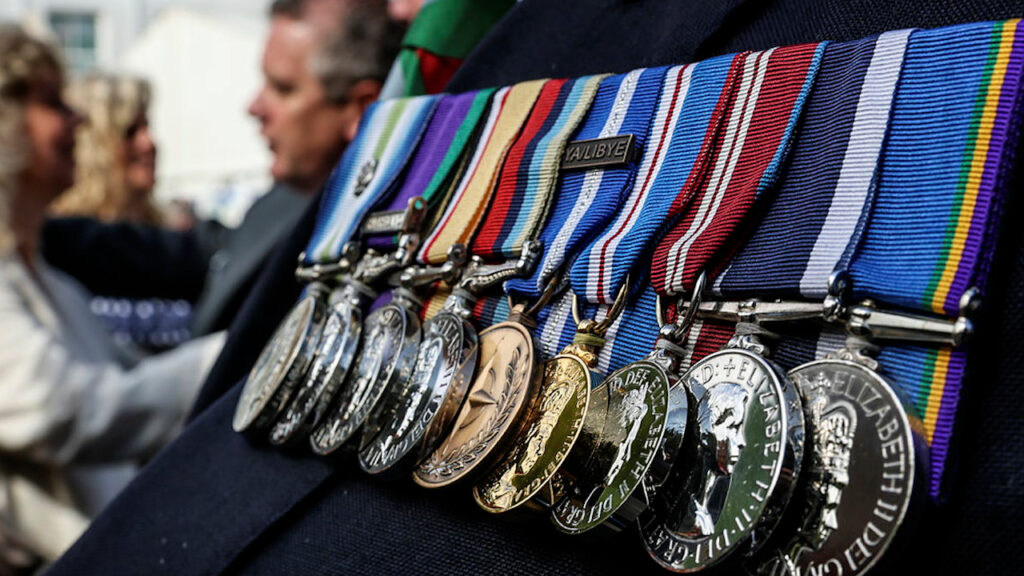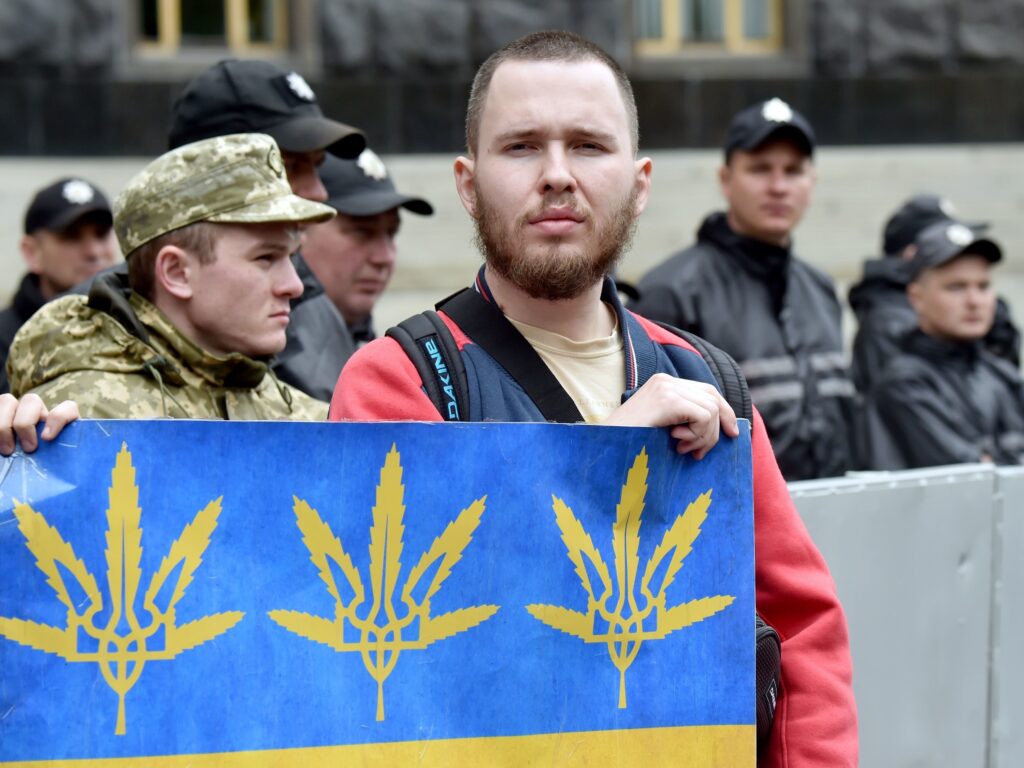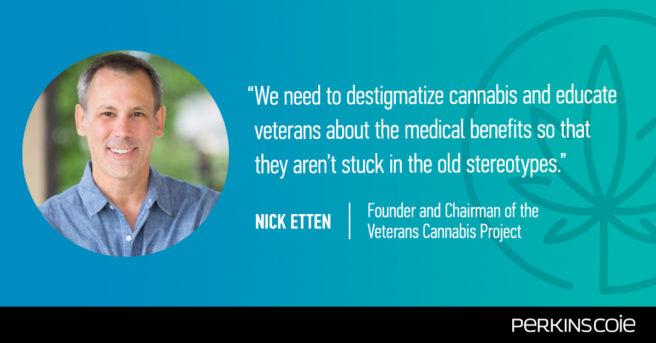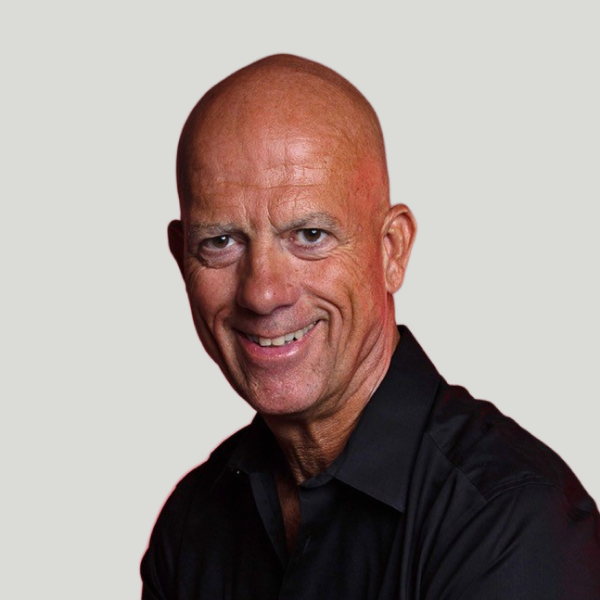Recently, the conversation around mental health has gained momentum with a fast-growing number of military veterans and the recognition of the unique mental health challenges faced by this group. Among the range of issues, conditions such as PTSD (Post-Traumatic Stress Disorder), anxiety, sleeping disorders and depression are alarmingly prevalent. At the same time, they’re overwhelmingly badly dealt with, simply not recognised or admitted, or ignored and underdiagnosed.

Meanwhile, medical cannabis has emerged as a potential therapeutic option, although the acceptance and utilisation of this treatment option vary significantly across different countries. This blog looks into the differing attitudes towards military veterans’ mental health and the role of medical cannabis in countries like Canada, Ukraine, Israel, and firstly the UK.
United Kingdom: Slow progress and the difficulties charities face
In the UK, the conversation around medical cannabis for veterans’ mental health is gradually but very slowly gaining some traction. As of now, there are approximately 50,000 to 75,000 medical cannabis patients expected by the end of 2024.
“From our own research, the number of veterans among these patients remains largely unclear. It’s also definitely way too low versus the prevalence of issues, probably due to the stigma and lack of targeted support.”
Access schemes such as the Grow Access Project (GAP, which reduces consultation fees and reduced medication cost) have only seen limited uptake from patients, despite including veterans.
Charities like Help for Heroes play a crucial role in addressing veterans’ mental health issues. They provide various forms of support, including funding for treatments and raising awareness about mental health challenges. Help for Heroes has been instrumental in advocating for better mental health care. In one-to-one conversations and in response to our approaches around educational events and awareness-raising activities, all charities have raised the issue that medical cannabis in the UK is classified as unlicensed and there seems to be a resistance towards engaging with medical cannabis companies based on that comment.
This is also something that we have heard as feedback from many other patient organisations or charities in other areas and it looks to be pointing towards continued stigma, lack of understanding of this status and/or fear of support being potentially withdrawn from sponsors/pharmaceutical industry/government institutions. Clearly, this is something that should be addressed.
In 2021, Help for Heroes reported that 30% of veterans seeking their support were dealing with mental health issues, and a significant number of these cases involved PTSD. The charity’s funding primarily comes from public donations and government grants, which they use to provide comprehensive support services, from psychological therapies to rehabilitation programs. However, the uptake and official acceptance of medical cannabis as a treatment option is still minimal.
Canada: Pioneering but Not Without Challenges
Canada has been at the forefront of medical cannabis legalisation, with veterans being a key demographic in this discussion. The Canadian government, through Veterans Affairs Canada (VAC), has implemented policies that allow veterans to access medical cannabis with coverage for up to three grams per day. This progressive stance is a testament to Canada’s commitment to veteran welfare and mental health support.
However, despite these advancements, the stigma surrounding cannabis use persists.
“Many veterans are reluctant to come forward due to fears of being judged or facing professional repercussions.
This stigma is compounded by a lack of comprehensive education about cannabis’ benefits and risks, both within the military and civilian healthcare systems.”
Efforts are ongoing to normalize cannabis use as a legitimate treatment option, but the journey is far from over.
Ukraine: Emerging Interest Amidst Challenges
Ukraine’s stance on medical cannabis is evolving, driven in part by the ongoing conflict and the resulting mental health crisis among veterans. Ukrainian veterans and mental health professionals are increasingly vocal about the potential benefits of cannabis for PTSD and other conditions.

Despite these efforts, significant hurdles remain. The stigma associated with cannabis use is deeply ingrained, and there is a lack of infrastructure to support widespread medical cannabis programs. The path forward for Ukraine involves legislative change, coupled with robust public education campaigns to shift perceptions and create a supportive environment for veterans.
Israel: A Leader in Research and Implementation
In terms of researching medical cannabis treatments for conditions like PTSD, Israel is very notable. The Israeli Ministry of Health has been proactive in integrating cannabis into medical treatments, providing veterans with access to cannabis through a structured and regulated framework.
Israeli society is generally very open-minded about medical cannabis and because of its long history of cannabis research cannabis, it has significantly less stigma attached to its use. This acceptance is reflected in the positive outcomes reported by many veterans who have found relief through cannabis. Their approach emphasizes the importance of scientific research and public education in reducing stigma and enhancing treatment efficacy.
The Broader Landscape: Stigma and Reluctance
Across the globe, the uptake and openness towards medical cannabis for treating mental health issues in military veterans vary widely. In many countries, the stigma associated with cannabis use remains a formidable barrier. Veterans often fear judgment, leading to reluctance in seeking out cannabis as a treatment option.
The lack of standardized regulations and varying degrees of acceptance further complicate the issue. Countries with more progressive policies, like Canada, provide valuable case studies on how to integrate medical cannabis into veteran care effectively. However, even in these nations, the battle against stigma and misinformation continues.
Towards a More Compassionate Approach…
As we look forward, it is imperative to create an environment where veterans feel empowered to seek the treatment they need without fear of stigma or repercussion. This also involves comprehensive public and healthcare professional education to shift societal and healthcare system attitudes.

The UK, Canada, Ukraine, and Israel each offer unique perspectives on the integration of medical cannabis into mental health care for veterans. By learning from these experiences, highlighting the gaps, and continuing to advocate for change, we can work towards a world where veterans receive the care they deserve- including the option of medical cannabis.
We are making steps forward, although I would argue that especially in the UK we need a much more aggressive approach to these issues with the growing number of patients. Perhaps we should start by recognising that we should actively broaden our scope to first responders, train drivers, bomb squads, anti-terror brigades, police officers, firefighters and other professions where brave people are exposed to incredible horrors. Mental health is an increasing societal issue and I feel that we’re not really getting better at recognising and dealing with it.
Pierre van Weperen
CEO GROW Group UK

We are always here to help. If you have a question, comment or want to learn more please fill in your details below and one of our team members will contact you.